Recycling Material Innovations & Trends with GECA Exploring Innovations and Trends in Recycled Materials On Wednesday, February 19th 2020, Sustainability Victoria (SV) held the Recycled Materials - Innovations and Trends forum at Melbourne's RMIT University. GECA's Business Development and Project Manager, Jess Mutton, attended the forum to understand some of the latest research into sustainable products that may soon emerge onto the market. The rise of 'circular economy' thinking is creating new ways of approaching manufacturing and product stewardship across a breadth of markets. SV's forum this month showcased several new projects from researchers and industry partners looking at how to divert waste from landfill and re-use materials in products. The range of products discussed involved rail track substructures, noise barrier walls, sewer infrastructure, concrete, asphalt roads, and various products made from pre-consumer food waste. The forum topic was a first of its kind by SV, acknowledging the need for research to be communicated in its early phases as a market preparation tool. 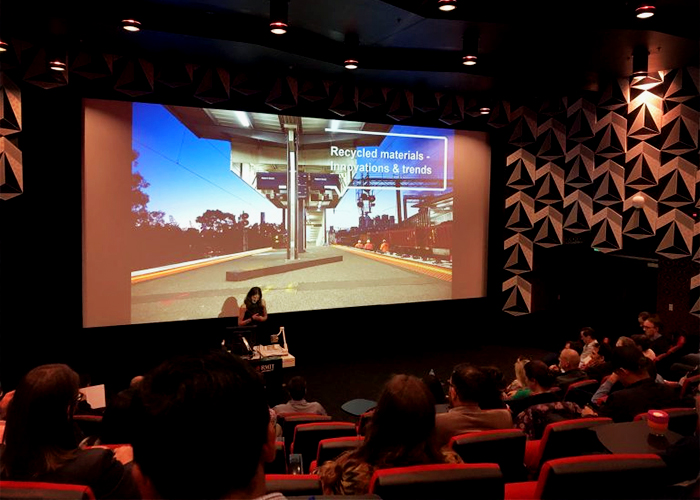 Jean Young, Environmental Project Adviser at Sustainability Victoria SV's Matt Genever, Director of Resource Recovery, was the first speaker at the forum highlighting the work the Government is doing in the re-use of materials. SV is investing $4 million for 29 projects, the Australian Government investing $20 million to reduce plastics waste and to increase recycling, and the Australian Renewable Energy Agency (ARENA) is spending $15 million to address end-of-life issues for solar photovoltaic (PV) panels. Mr Genever recognised the need for more support for the innovation of sustainable products, particularly as an opportunity for small businesses. In this light, the Victorian government has just released Recycling Victoria: A New Economy to guide a sustainable domestic marketplace. It was exciting to hear from leading academics and engineers across a multitude of Victorian universities and companies (including Deakin University, Melbourne University, RMIT University, University of Swinburne, Hanson and Robovoid) as they spoke about the testing of re-used materials while considering a range of sustainable factors. 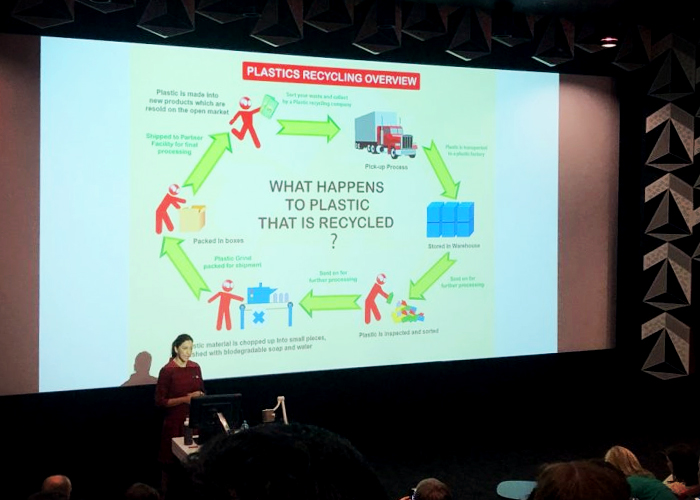 Associate Professor Minoo Naebe, Deakin University. Research project: Catalyst assist polyethylene recycling. For example, Claire Leach, Founder and CEO at HATCH Biosystems, is using specific insects for bioconversion. That is, turning pre-consumer waste into products like feed, fertilizer, or packaging. While circular economy principles are at play, Claire also mentioned their study of emissions compared to other food waste alternatives such as composting. Dr Filippo Giustozzi from RMIT University is leading new research into using recycled crumb rubber (from tyres) and plastics in asphalt roads. A range of sustainable factors has been included in the research, such as the testing of thermal and chemical components and impact. 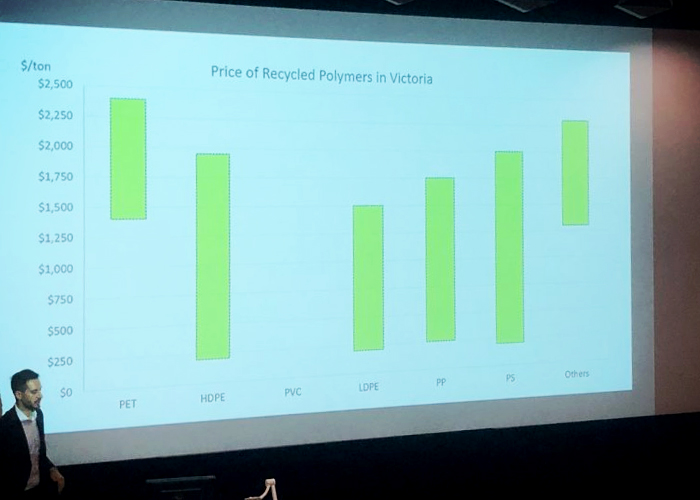 Dr Filippo Giustozzi, RMIT University. Research project: Performance mix for asphalt using plastics and crumb rubber. GECA is a firm advocate for a holistic approach to sustainability in the manufacturing and delivery of products and services. As an organisation focused on helping businesses to make, buy, and do better, we will continue to support those wanting to implement circular economy policies. One way that we do this is through the development of robust standards based on life cycle thinking. All GECA standards include comprehensive sustainability criteria relating to the environment, health, social, and fit-for-purpose. 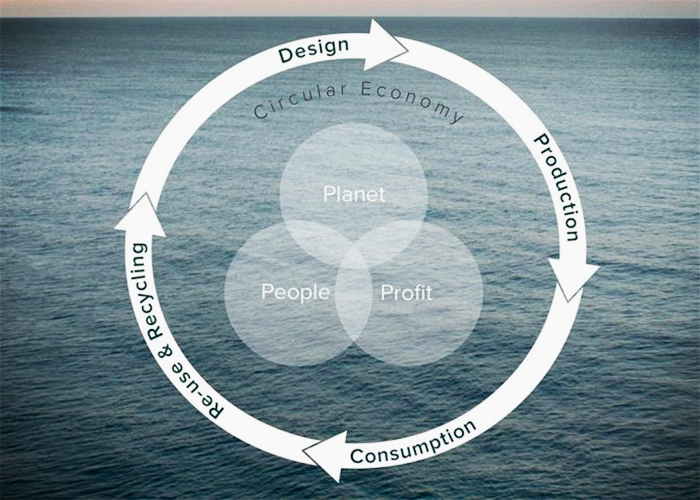
Two standards particularly relevant to the circular economy are our Recycled Products and Waste Collection Services standards. Not only does the Recycled Products standard specify minimum quantities of recycled materials by weight, but it also restricts certain treatments or coatings that would prevent further recycling. Unlike other recycled-content products, GECA certified products must meet criteria for a wider range of environmental issues, human health and social impacts, while also proving that it performs correctly. Our Waste Collection Services standard aims to improve the accuracy and transparency of waste collection data, resulting in improved environmental performance and supporting service providers' efforts to minimise their ecological impact. At the close of the forum, Eliza Hobba, Environmental Project Advisor at SV, argued that it is now "too risky to maintain the status quo" when it comes to creating a genuinely sustainable market. She also emphasised the need to be taking the necessary steps now to be market-ready for the years ahead. Our team at GECA couldn't agree more, and we look forward to helping make it happen!
|
(02) 9699 2850
|

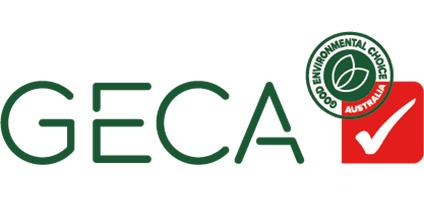
 Water Best Practices - Direction in the
Water Best Practices - Direction in the How to Specify Sustainable Steel with
How to Specify Sustainable Steel with Manufacture of Recycled Products
Manufacture of Recycled Products Green Building with New Green Star
Green Building with New Green Star New Draft Credits Against Green Star
New Draft Credits Against Green Star Australian Waste & Recycling Expo
Australian Waste & Recycling Expo Buying Certified Adhesives, Fillers, and
Buying Certified Adhesives, Fillers, and GECA Certified Commercial Furniture -
GECA Certified Commercial Furniture - Sustainable House at the Eco-Living Expo
Sustainable House at the Eco-Living Expo Banksia Sustainability Awards and GECA
Banksia Sustainability Awards and GECA Sustainable Products and Materials News
Sustainable Products and Materials News GECA Releases New Refrigerants Standard
GECA Releases New Refrigerants Standard GECA Releases New Paper and Recycled
GECA Releases New Paper and Recycled Strategy and Innovation Directors and
Strategy and Innovation Directors and International Recognition for GECA
International Recognition for GECA Good Environmental Choice Australia News
Good Environmental Choice Australia News Paper & Recycled Products Standards
Paper & Recycled Products Standards Banksia Sustainability Awards Product
Banksia Sustainability Awards Product James Hardie Achieves GECA Certification
James Hardie Achieves GECA Certification New Adhesive Standard Out for Comment |
New Adhesive Standard Out for Comment |
